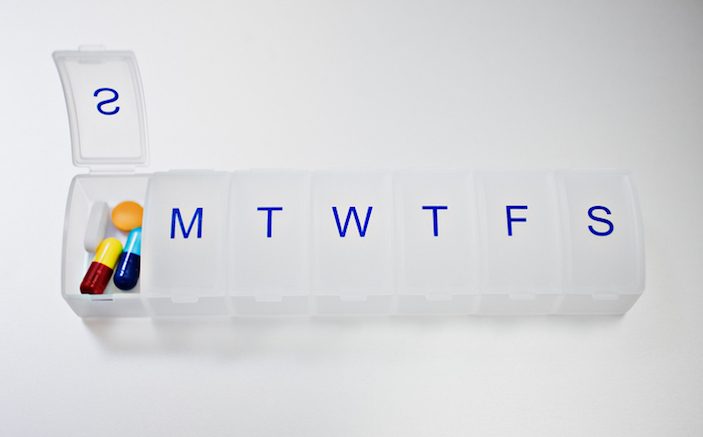According to a CDC study, 20-30% of medication prescriptions are never filled, and about half of all prescribed medications are not continued as prescribed. As a result, medication non-adherence costs the U.S. healthcare industry $300 billion per year. Pharmacies and third party companies are introducing new strategies and gadgetry to track adherence in the hopes of improving outcomes. Here are some standouts.
The Pharmacy: Walgreen’s Omnichannel Adherence Program
Walgreen’s pharmacy gives patient’s phone calls, App-mediated refill reminders and pill reminders. Pharmacists and providers can see if prescriptions have been picked up and refilled on time. While it’s certainly handy to have the phone calls and Walgreen’s app, the patient would have to be mildly tech savvy and take the time to set up the app in the first place. Places like Walgreen’s and CVS implementing programs like this is powerful, however, because they have the power of numbers and the largest patient population.
The Cute Robot: Mabu by Catalia Health
Mabu, created by an MIT student, is a desktop robot that connects patients with their healthcare team to remind them to take pills, see how they’re feeling, and give friendly reminders to drink water and take a walk. Why a robot instead of a text alert? The robot can make eye contact, sense patient’s emotions via facial expression and even make jokes, making it more likable and increasing compliance with patients.
EMR: DrFirst’s Medication Adherence Platform
This software platform integrated into the EHR helps physicians monitor patient’s adherence levels. They receive alerts for at-risk patients and assess causes for non-compliance. The platform could help EPs track whether or not patients picked up that naproxen before they come back asking for more pain meds, or they bounce back without ever having taken their augmentin. The fact that it’s integrated with the EHR makes it that much more powerful because healthcare professionals are more likely to be use it, as opposed to having to call pharmacies to ask about records.
The App Suite: MediSafe
While it requires some tech savvy and a smart phone, MediSafe seems to provide the most accessible method of increasing medication adherence. They make a user-friendly, comprehensive app to help patients remember dosages as well as the appearance and types of medications they take. It offers fitness app integration and blood glucose tracking. In addition to the patient UX, there’s also a physician and company portal, where you can communicate with specific patients, or patient populations (those taking metformin, or those with hypertension) all while gathering statistics and data about adherence. Again, it seems geared toward primary care with longitudinal, ongoing relationships.



